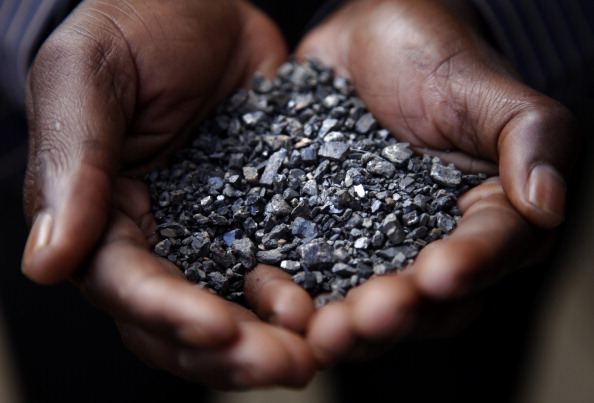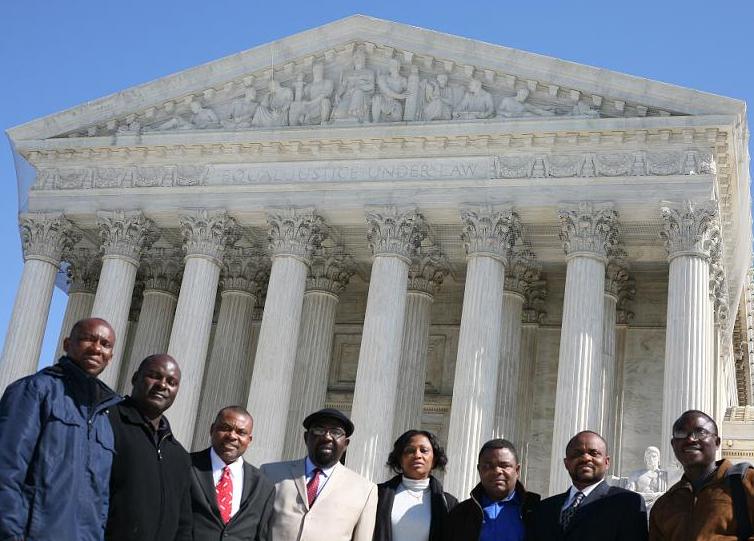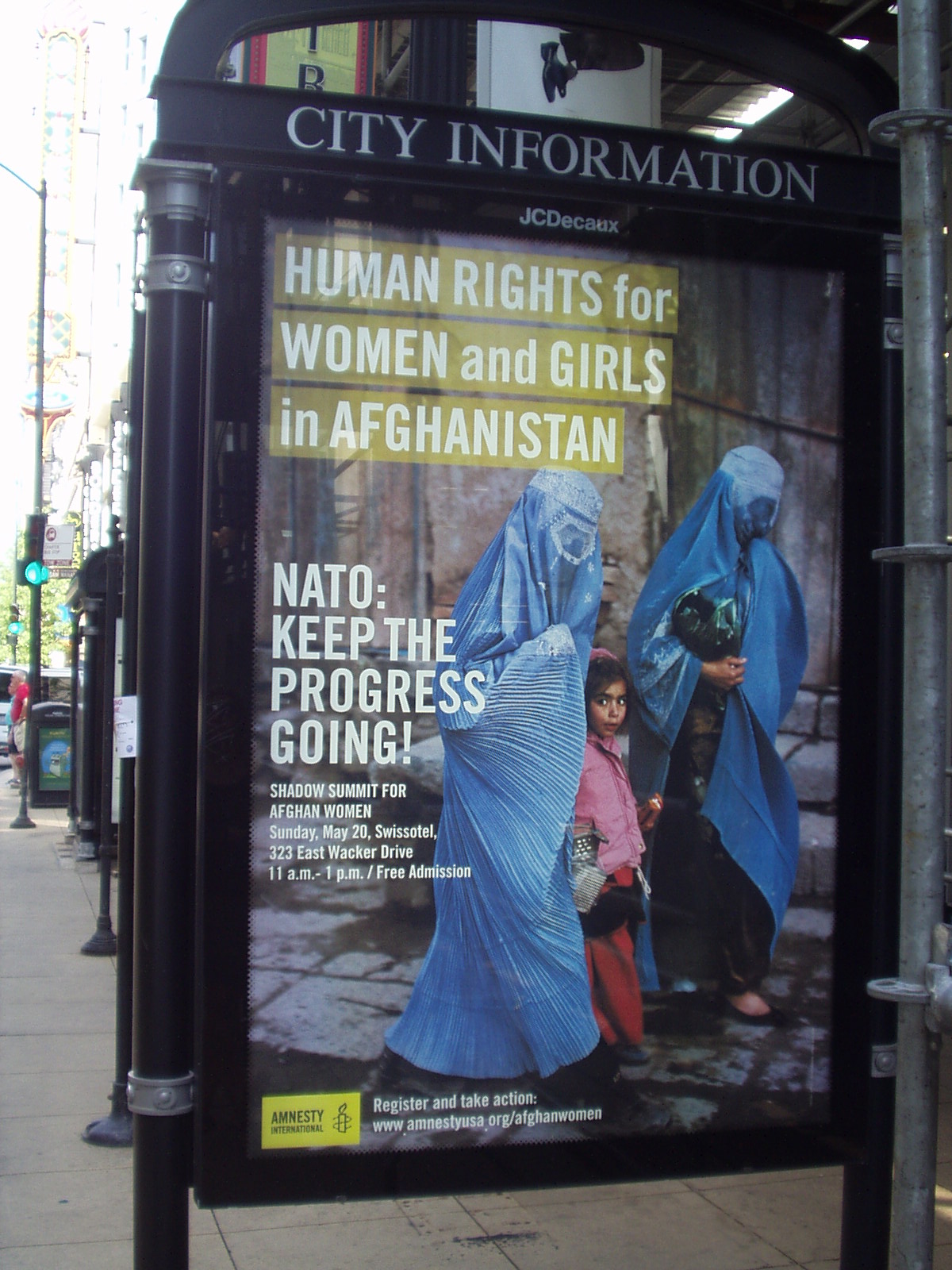A few years ago, thanks to a grant from the former JEHT Foundation, I began working with the great Skylight Pictures on a short documentary film for Amnesty members. The film was envisioned as a tool to help our members better understand international justice through the stories of the survivors and human rights defenders who are pursuing such cases.
Thanks to their work on the internationally acclaimed State of Fear, Skylight had developed strong relationships with families and activists in Peru involved in the case against former President Alberto Fujimori, and so suggested that we feature the campaign to bring Fujimori to justice as one of the film’s three story segments.
I was hesitant at first: I wanted “hot”, current stories, and Fujimori’s then still-alleged crimes were well over a decade old. His wasn’t “technically” an international justice case because Peru wanted to prosecute. And the case didn’t appear to be making much headway, with Fujimori traveling from one country to the other apparently unfazed by the warrant Interpol issued for his arrest. But director Pam and editor Peter prevailed, and when I saw the rough cut of the segment they created on Fujimori, I knew why.
The segment follows Gisela Ortiz and Raída Condór, whose brother and son, respectively, were among the students disappeared from La Cantuta University in 1992 and later killed by a paramilitary group operating under Fujimori’s effective command. Gisela and Raida, still devastated and still so angry after some fifteen years, never stopped demanding answers about what happened to their loved ones. They were relentless about exposing Fujimori as a murderer who had masqueraded as a head of state. When he moved to Chile from where he had been living in exile in Japan, Gisela traveled to Chile and demonstrated outside his house, demanding to know why the police where hassling the protesters instead of the suspect inside.
When Chile’s Supreme Court decided that Fujimori could be extradited back to Peru for trial, Gisela sent a note that read “I believe that this is a victory for the whole world, recognizing that human rights abusers have little room to hide, and wherever they are, justice much reach them to restore dignity to the victims.”
Today is Gisela’s and Raida’s day, because, in the end, justice is not about the perpetrators of abuses, but about the victims and the survivors. It’s such an important lesson that we need to keep learning over and over again, and so relevant today.
When, for example, we hear Sudan’s indicted president al-Bashir and his allies accuse the International Criminal Court of being anti-African, as though he is somehow more African or more important an African than the millions of Darfuris who have suffered because of his actions. In Darfur, as in Peru, as in so many other places where grave abuses have been committed, we sometimes have to work to hear the voices of the victims above the spin of the perpetrators and the powerful and compilict allies who would like nothing better than to wait us out until we move on to the next story and let them off the hook. We need to wait them out instead, just as Gisela and Raida did.
You can watch Gisela and Raida tell their story in our Justice Without Borders documentary.




